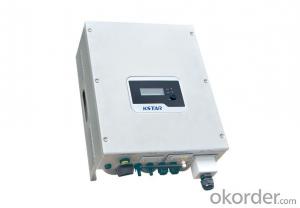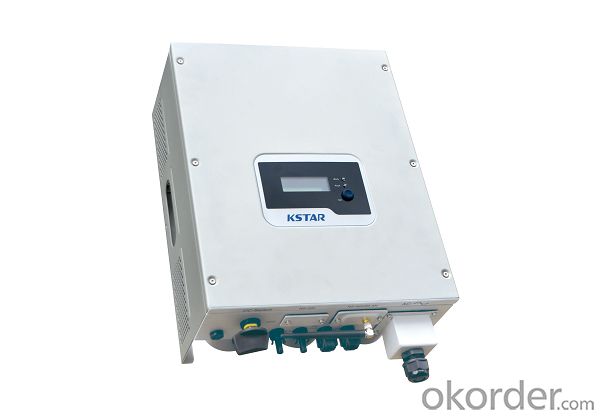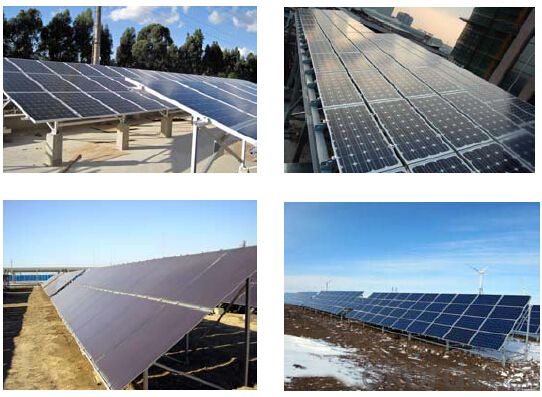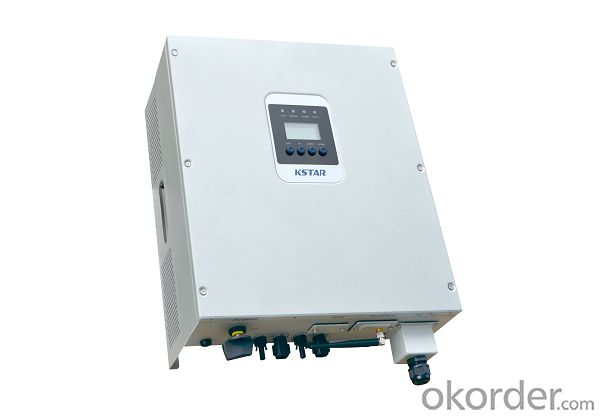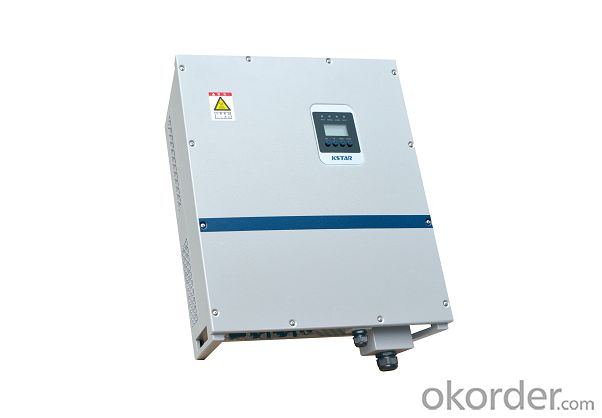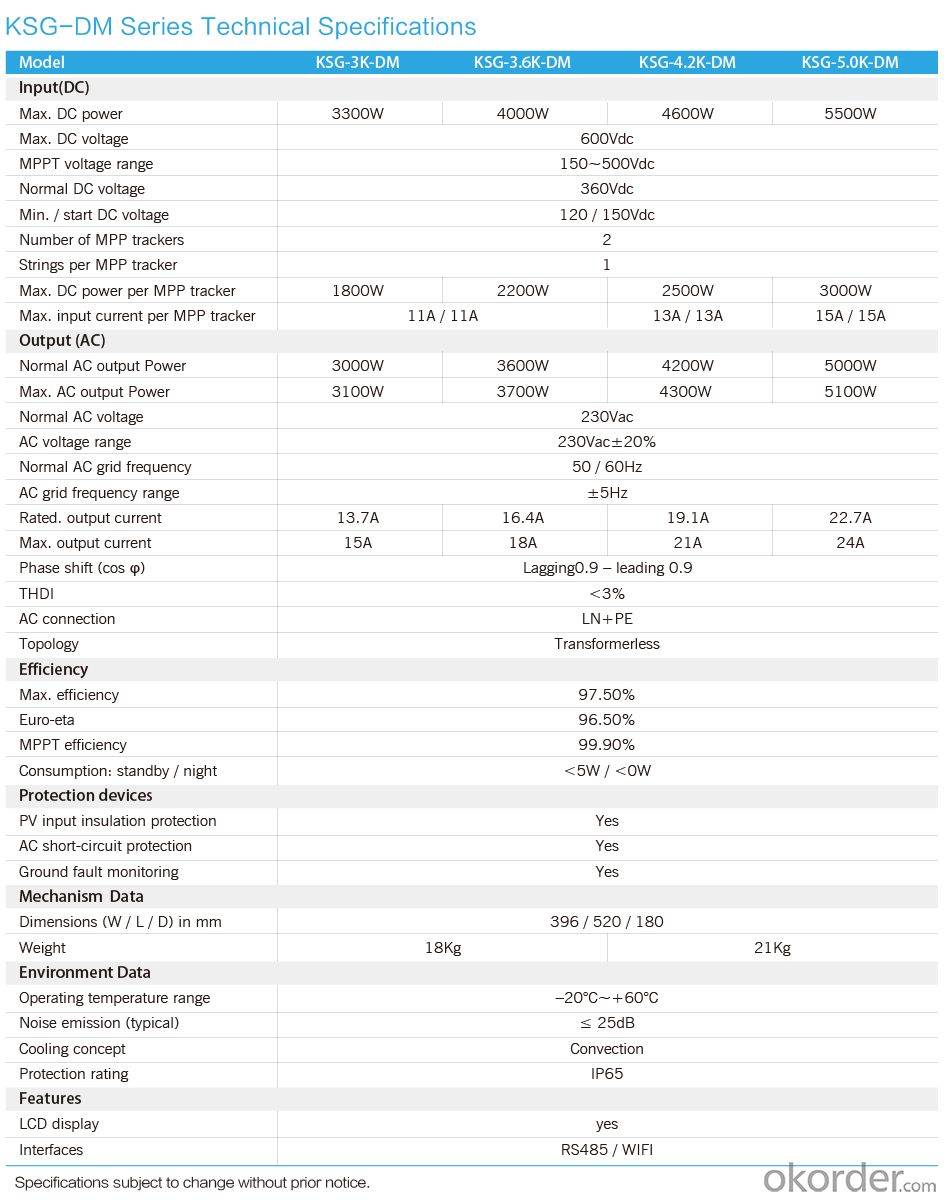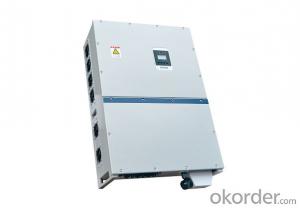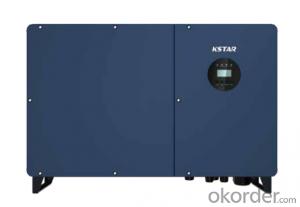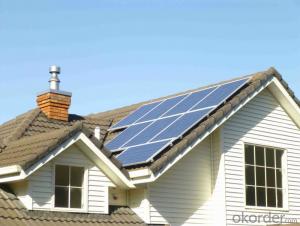Ti Solar String Grid-Tied PV Inverter 3kW/3.6kW/4.2kW/5kW
- Loading Port:
- Guangzhou
- Payment Terms:
- TT OR LC
- Min Order Qty:
- 10 unit
- Supply Capability:
- 10000 unit/month
OKorder Service Pledge
OKorder Financial Service
You Might Also Like
String Grid-Tied PV Inverter 1.5KW/2KW/3KW/3.6KW
Product features
· Max PV Voltage up to 600V
· Double MPPT
· High efficiency up to 97.5%
· Smaller and Lighter
· IP65 protection
· Easy installation
· Reactive power controller
· Digital controller
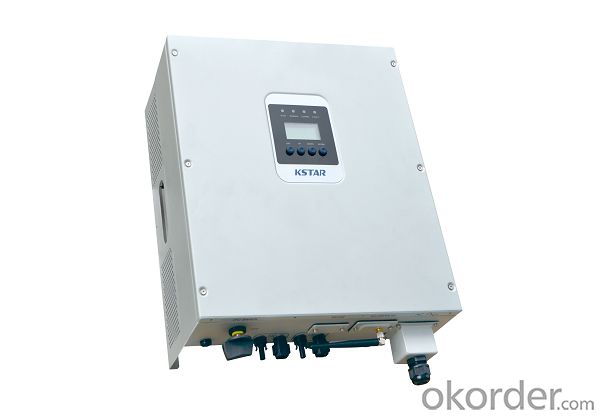
Product Parameter
Q 1. what's the payment term?
A. We accept TT,30% deposit and 70% balance agaisnt copy of BL
Q 2. how's the delivery time ?
A. usually it will take about 25 days for production
Q 3. tell me the standard of package?
A. For the small capacity, it use carton, but for big capacity, we will use strong wooden case for protection.
Q 4. what kind of material of transformer?
A. we have two types, one 100% copper and the other is copper with aluminum.It depends on your requirment. In fact,those two have no difference if normal work well. Only except the longlife. Copper is better and also higer price.

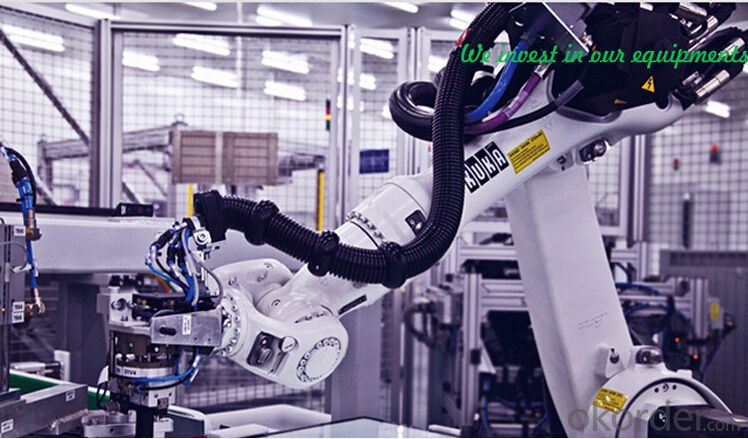
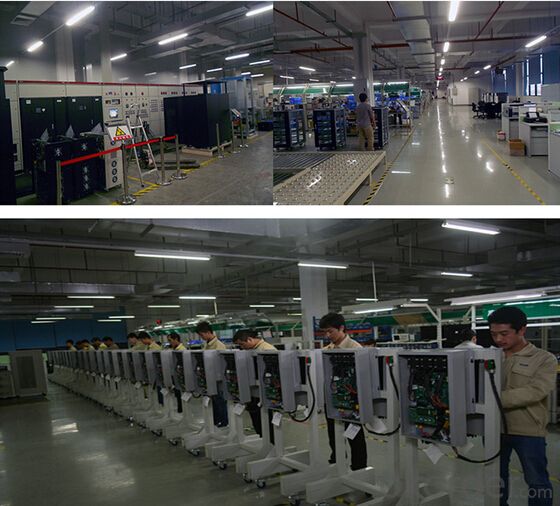
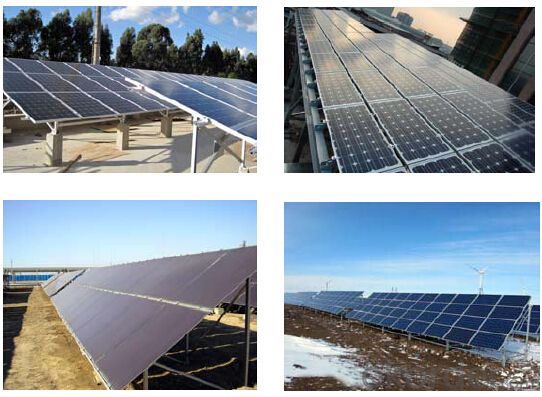
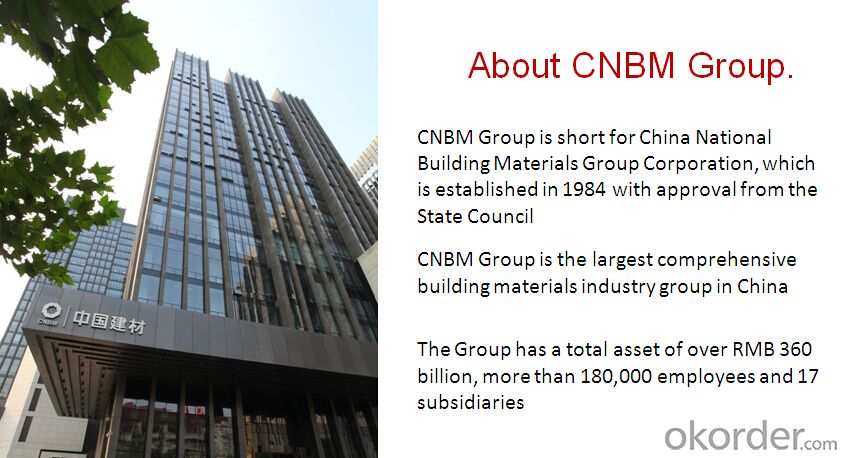

- Q: Installation and maintenance of photovoltaic grid - connected inverter
- Before making an electrical connection, be sure to use the opaque material to cover or disconnect the PV panel. Exposure to sunlight, photovoltaic arrays will produce dangerous voltages. All installation operations must be done only by qualified technicians.
- Q: What are the potential risks of overheating a solar inverter?
- The potential risks of overheating a solar inverter include reduced efficiency, decreased lifespan, and potential damage to the internal components. It can also lead to unexpected shutdowns or malfunctions, resulting in a decrease in solar energy production. Additionally, overheating can pose a fire hazard, especially if proper cooling mechanisms or ventilation are not in place. Regular monitoring and maintenance are crucial to prevent these risks and ensure optimal performance of the solar inverter.
- Q: How does MPPT improve the performance of a solar inverter?
- MPPT (Maximum Power Point Tracking) improves the performance of a solar inverter by optimizing the power generated from the solar panels. It continuously adjusts the operating voltage and current to ensure that the solar panels are operating at their maximum power point, which is the point where they generate the most power. This allows the solar inverter to convert the maximum amount of solar energy into usable electricity, resulting in increased efficiency and improved overall performance.
- Q: How does a solar inverter handle fluctuations in solar panel output due to temperature changes?
- A solar inverter handles fluctuations in solar panel output due to temperature changes by employing a maximum power point tracking (MPPT) algorithm. This algorithm continuously monitors the output of the solar panels and adjusts the operating conditions of the inverter to extract the maximum power available. As temperature changes, the MPPT algorithm adapts the inverter's parameters to optimize the energy conversion process and ensure the highest possible efficiency. By dynamically adjusting the voltage and current levels, a solar inverter effectively mitigates the impact of temperature fluctuations on the solar panel's output.
- Q: What is the maximum efficiency at partial load for a solar inverter?
- The maximum efficiency at partial load for a solar inverter refers to the highest level of efficiency that can be achieved when the inverter is operating at less than its full capacity. This efficiency is typically lower than the maximum efficiency at full load, as the inverter may not be able to convert the same amount of energy with the same level of efficiency when it is not running at its maximum capacity.
- Q: Can a solar inverter be repaired or does it need to be replaced?
- A solar inverter can be repaired in many cases, depending on the specific issue it is facing. However, there are instances where replacement may be necessary, especially if the inverter is old, damaged beyond repair, or if repairs would be more expensive than getting a new one. It is recommended to consult a professional to assess the situation and determine the most cost-effective solution.
- Q: How does a solar inverter handle sudden changes in solar irradiance?
- A solar inverter handles sudden changes in solar irradiance by constantly monitoring the input voltage and adjusting its output power accordingly. It employs maximum power point tracking (MPPT) algorithms to optimize the energy conversion from the solar panels. When there is a sudden increase or decrease in solar irradiance, the inverter quickly adapts by regulating the voltage and current to maintain a stable and efficient output. This ensures that the generated solar power is effectively utilized and protects the system from potential damage caused by voltage fluctuations.
- Q: Can a solar inverter be used in a solar-powered electric vehicle charging station?
- Yes, a solar inverter can be used in a solar-powered electric vehicle charging station. The solar inverter is responsible for converting the direct current (DC) generated by the solar panels into alternating current (AC) that can be used to charge electric vehicles. This allows the charging station to utilize the solar energy efficiently and power the charging process for electric vehicles.
- Q: How does a solar inverter handle voltage rise in case of low load conditions?
- A solar inverter handles voltage rise in case of low load conditions by using a feature called voltage regulation. It continuously monitors the voltage level and adjusts the power output accordingly to prevent any excessive rise in voltage. This helps maintain a stable and safe voltage level, even during low load conditions.
- Q: Are there any maintenance requirements for a solar inverter?
- Yes, there are maintenance requirements for a solar inverter. Regular inspections, cleaning, and monitoring of the inverter's performance are necessary to ensure it operates efficiently and effectively. Additionally, components like capacitors and fans may require replacement over time. Following manufacturer guidelines and seeking professional assistance when needed can help extend the lifespan and performance of the solar inverter.
Send your message to us
Ti Solar String Grid-Tied PV Inverter 3kW/3.6kW/4.2kW/5kW
- Loading Port:
- Guangzhou
- Payment Terms:
- TT OR LC
- Min Order Qty:
- 10 unit
- Supply Capability:
- 10000 unit/month
OKorder Service Pledge
OKorder Financial Service
Similar products
Hot products
Hot Searches
Related keywords
